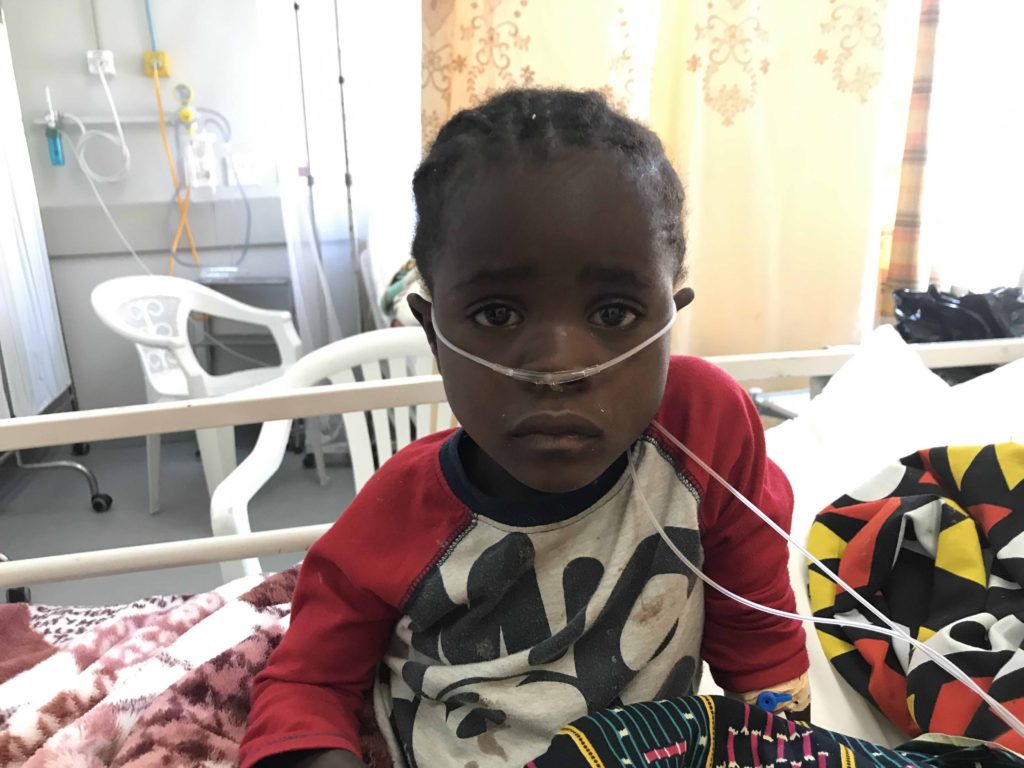
Helena, this four-year-young girl, arrived in our emergency department last night. Her parents explaining that for one week she had been coughing, running fever, eating poorly, and making wheezing sounds with each breath. First assistance, as is common in this culture, was provided by a traditional healer. But with no visible improvement, the family caught a public bus here to CEML Hospital.
Often, our patients arrive very advanced diseases and complex histories. This girl, by contrast, had a short duration of illness and classic physical signs: fever to 38.5 degrees, respiratory rate of 60, oxygen saturation 85 percent, rales and wheezes on chest exam along with intercostal muscle retractions.
To make a correct diagnosis, in addition to history and physical exam, some knowledge of epidemiology is very useful. In our world’s poorest nations, pneumonia is by far the leading cause of death. Poor nutrition, low vaccine coverage, and difficult access to emergency medical care compound the risk of these deaths.
With all evidence pointing to pneumonia, we proceeded with basic pneumonia treatment: hydration, oxygen, ceftriaxone IV, albuterol/salbutamol inhalation therapy – and treatment of her coexisting malaria infection. This morning, Helena appears more alert, with less wheezing, and less likelihood of succumbing to the leading cause of death on the African continent.
